Kathmandu — Nepal’s anti-corruption body, the Commission for the Investigation of Abuse of Authority (CIAA), has appealed a Special Court verdict that cleared several officials—including sitting government secretary Madhu Kumar Marasini—of corruption charges in the National Payment Gateway (NPG) case.
The CIAA filed the appeal on Thursday, arguing that the earlier decision was flawed. It claims the National Information Technology Center (NITC) initiated the project without formally requesting a budget or following due procedures under Nepal’s financial and procurement laws.
According to the CIAA, the NITC allocated NPR 250 million for the project—outside of approved budget limits and without including the necessary planning documents. The project was not only technical but also involved sensitive banking operations, yet there was no coordination with key stakeholders or approval of a proper procurement plan.
Furthermore, the gateway contract was allegedly mishandled. Payments were recommended even before the project was complete. The CIAA found that bills were submitted by consultants and approved without actual service delivery, and payments were processed almost two years later in violation of legal norms.
Despite the significant spending, the payment gateway system has still not been launched—and reports suggest it may not be usable at all.
The case named multiple former and current officials, including:
-
Sanjay Sharma (then secretary of the Ministry of Science and Technology)
-
Pranita Upadhyay (then executive director of NITC)
-
Sunil Paudel, Ram Bahadur Budha, and Ramesh Pokharel (officials from NITC)
-
Madhu Kumar Marasini (then budget division chief, now secretary at the Prime Minister’s Office)
-
Ram Sharan Gayak and accountant Nimbahadur Wali
The CIAA alleges that these individuals, through negligence or bad intent, caused the government a loss of over NPR 232 million.
Initially, they were charged under Nepal’s Corruption Prevention Act, seeking fines equal to the damage and prison time. However, on April 25, the Special Court partially cleared the accused, prompting the CIAA to take the matter to the Supreme Court.






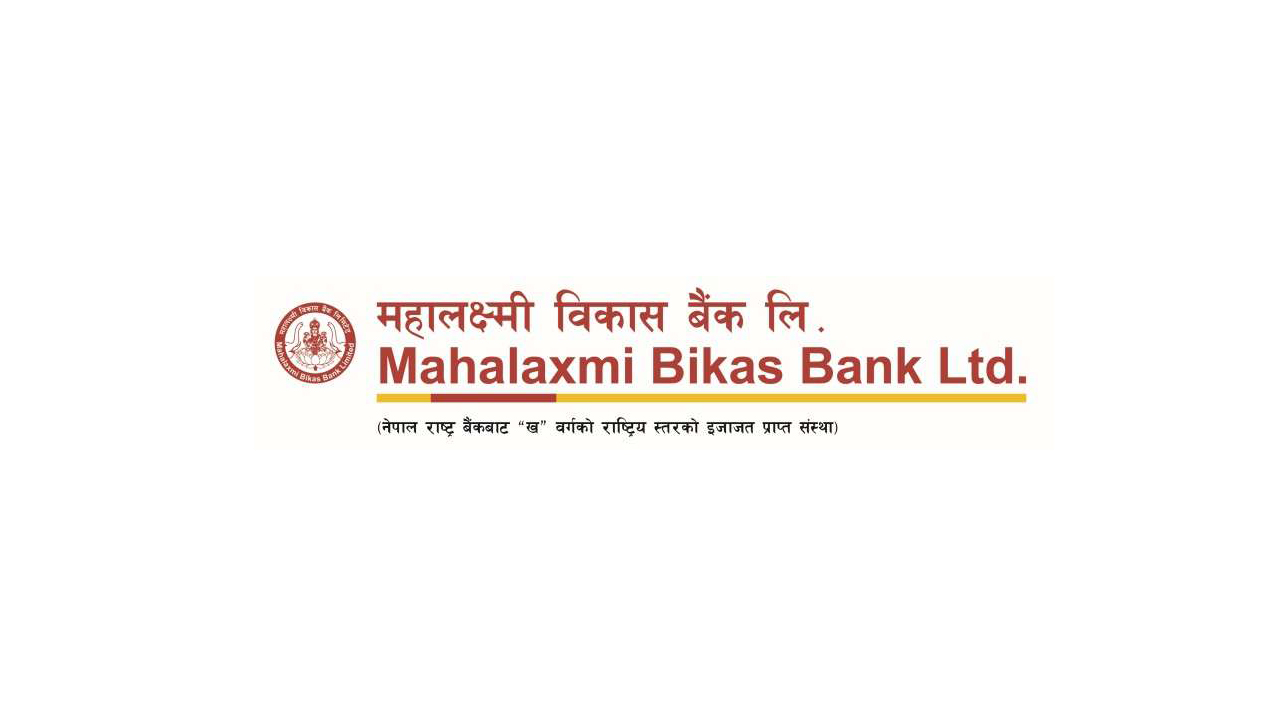
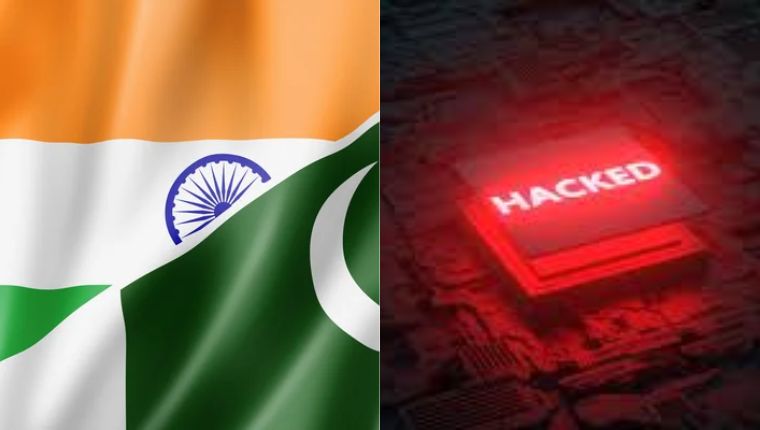

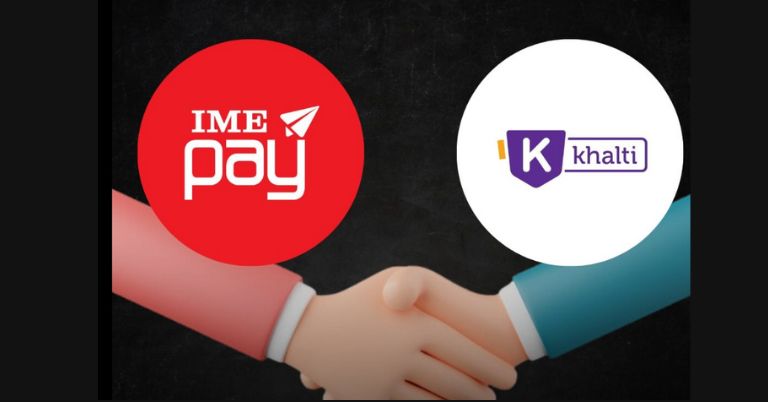
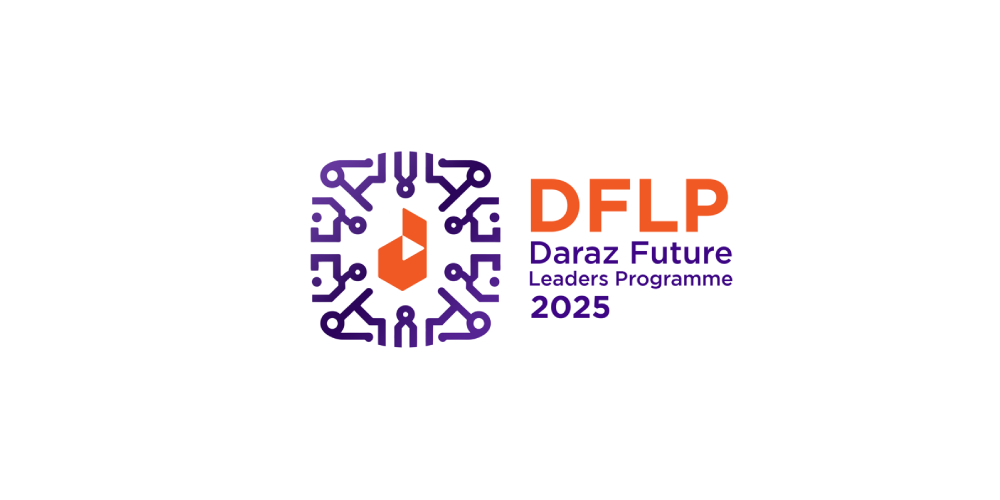


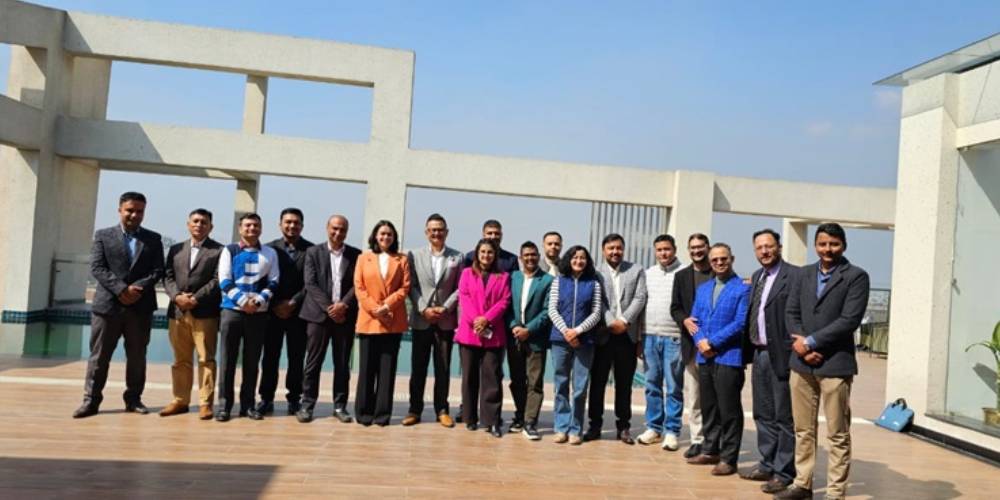


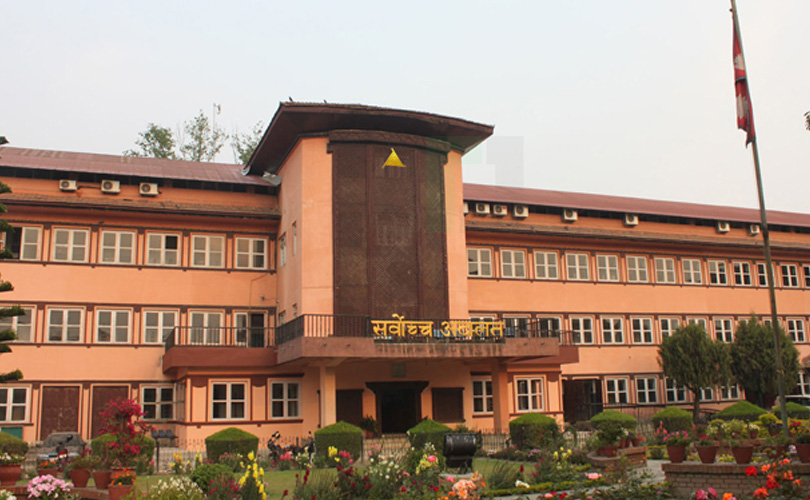













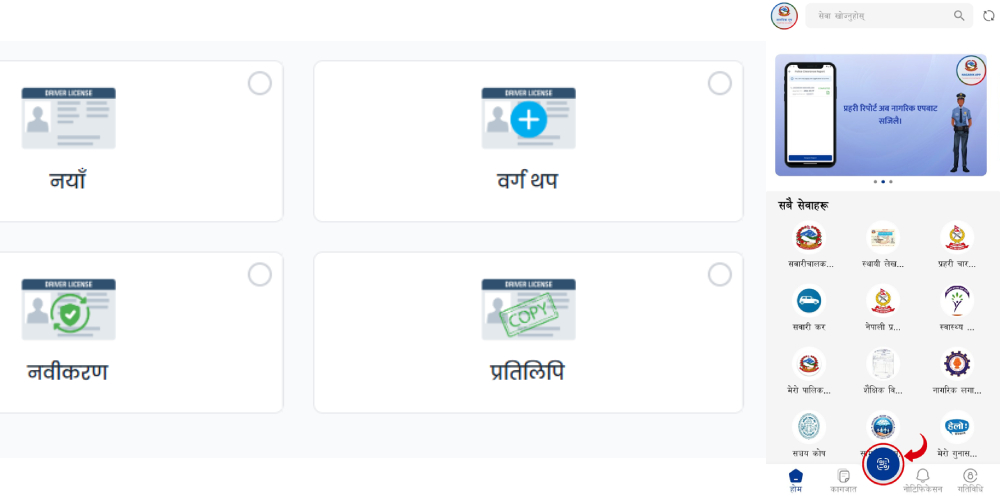
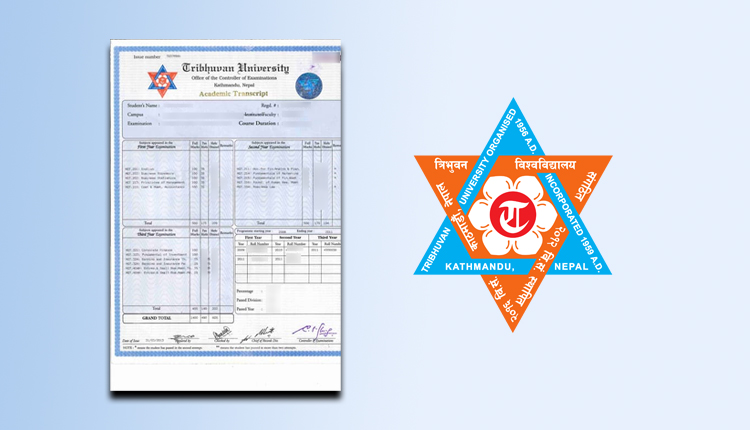
Comments